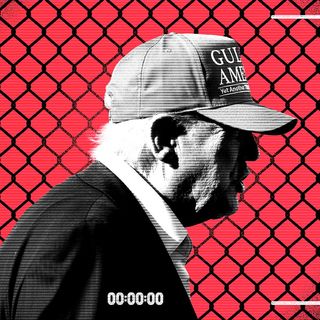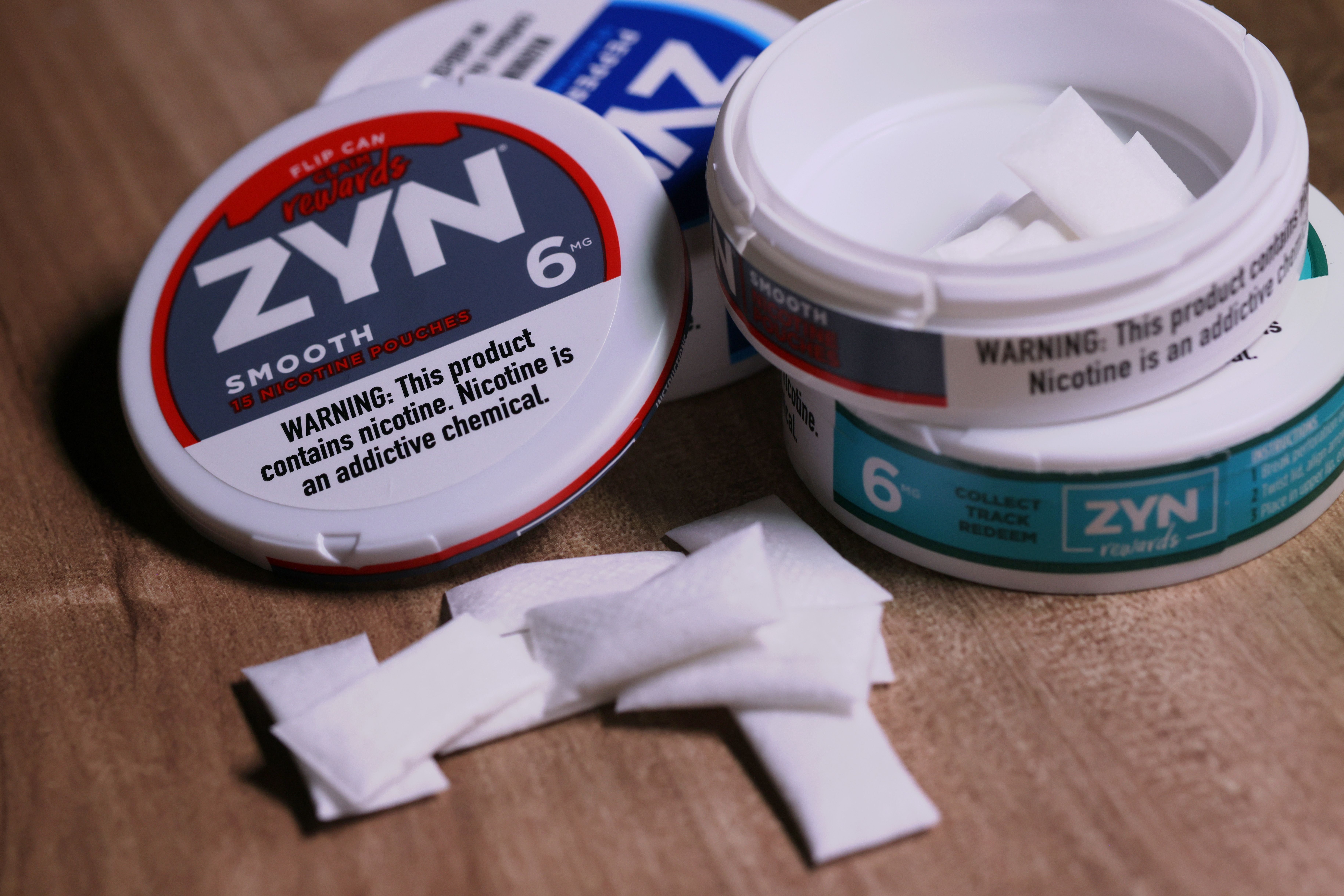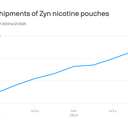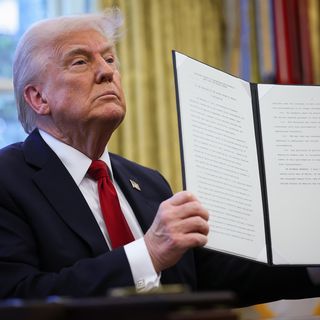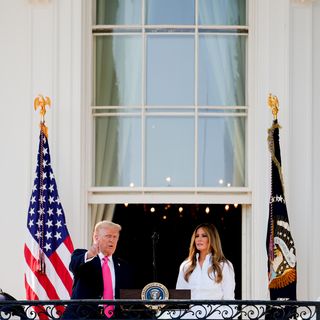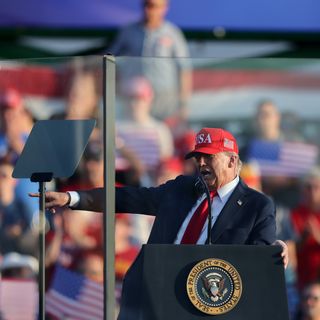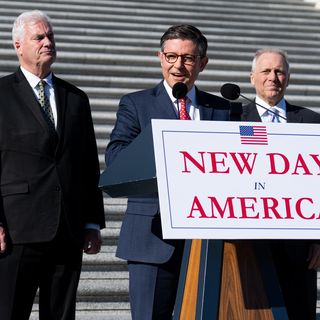Israel and Hamas to hold indirect ceasefire talks in Qatar
Israel rejected Hamas' proposed changes to the latest Gaza hostage and ceasefire deal, but will send negotiators to Qatar on Sunday to try to close remaining gaps, Prime Minister Benjamin Netanyahu's office said Saturday.
Why it matters: While key hurdles remain, the resumption of indirect talks in Qatar is a significant step toward a potential ceasefire between Israel and Hamas.
- The two parties haven't engaged in negotiations since the previous round of talks collapsed six weeks ago.
Driving the news: President Trump has been pressuring both Israel and Hamas — through Qatari and Egyptian mediators — to agree to a deal that includes a 60-day ceasefire in Gaza and the release of 10 living hostages and 18 bodies.
- He wants to see some progress by Monday, when he plans to meet with Netanyahu at the White House.
- Trump told reporters aboard Air Force One on Friday night that he's "very optimistic" about the chances of getting a deal next week.
What they're saying: "The changes Hamas wants to make in the Qatari proposal are unacceptable," the Israeli prime minister's office said in a statement.
- Still, Netanyahu agreed to Qatar's invitation for "proximity talks" with Hamas.
- The statement said the Israeli negotiating team will depart for Doha on Sunday, and emphasized the talks will be "based on the Qatari proposal that Israel has agreed to."
Catch up quick: Hamas said Friday that its response to the proposed ceasefire and hostage deal "can be characterized as positive" and that the Palestinian militant group is ready to begin implementation talks.
- But Hamas also gave Qatari mediators three reservations it wants to address in indirect talks with Israel and the U.S.
- Once the ceasefire begins, Hamas asked for the UN to take back control of humanitarian aid delivery in Gaza. It demanded that the Israel and U.S.-backed Gaza Humanitarian Fund no longer be part of the aid delivery.
- It also wants the IDF to pull back to the positions it held before the March ceasefire collapsed.
Israel has rejected those demands.
Between the lines: Under the current proposal, Israel and Hamas would hold indirect talks during the 60-day ceasefire to negotiate terms for a permanent end to the war.
- The U.S., Qatar and Egypt would commit to extending the truce beyond 60 days if more time is needed.
- Hamas is pushing for a stronger U.S. guarantee that Israel won't be able to unilaterally resume fighting after 60 days.











